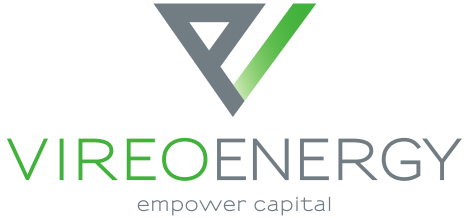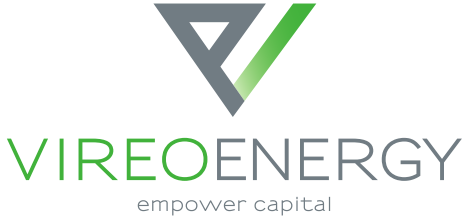FOR PROJECT FINANCE – Vireo Energy represents a variety of tax equity providers. We currently help raise tax equity for PPA funds, utility scale project finance and real estate portfolio project finance. We work with a variety of technologies including solar, wind, hydro, geothermal and biomass.
WHAT IS TAX EQUITY? – Tax equity financing has been a significant driver of the expansion of U.S. renewable energy over the past decade. It has had the most positive impact in the areas of utility-scale wind power generation and commercial-scale solar facilities. However, the effectiveness of tax equity financing has been negatively impacted by the effects of both the inconsistent regulatory environment and the financial crisis. The extension of the U.S. Department of Treasury program for cash grants in lieu of both Investment Tax Credit (ITC) and Production Tax Credits (PTCs) for renewable generation could potentially mitigate these effects. It could also increase the number of renewable energy tax equity financings, and ultimately help to increase the nation’s renewable energy generation capacity.
Tax Equity is a term that is used to describe a passive ownership interest in an asset or a project, where an investor receives a return based not only on cash flow from the asset or project but also on federal and state income tax benefits (tax deductions and tax credits). Tax equity investors are usually large tax-paying financial entities such as banks, insurance companies and utility affiliates that use these investments to reduce future tax liabilities. Tax equity is distinct from traditional “corporate equity,” where an investor makes an active investment and is actively involved in corporate governance. A tax equity investor is passive and only gets involved in management of the asset or project in downside cases where something has gone wrong with the performance of the investment or with the asset or project. Tax equity benefits arise from two broad categories: tax deductions and tax credits. The most common tax deductions are depreciation (common to all renewable energy tax equity financings), and interest deductions (only available in transactions with leverage at the asset or project level).

